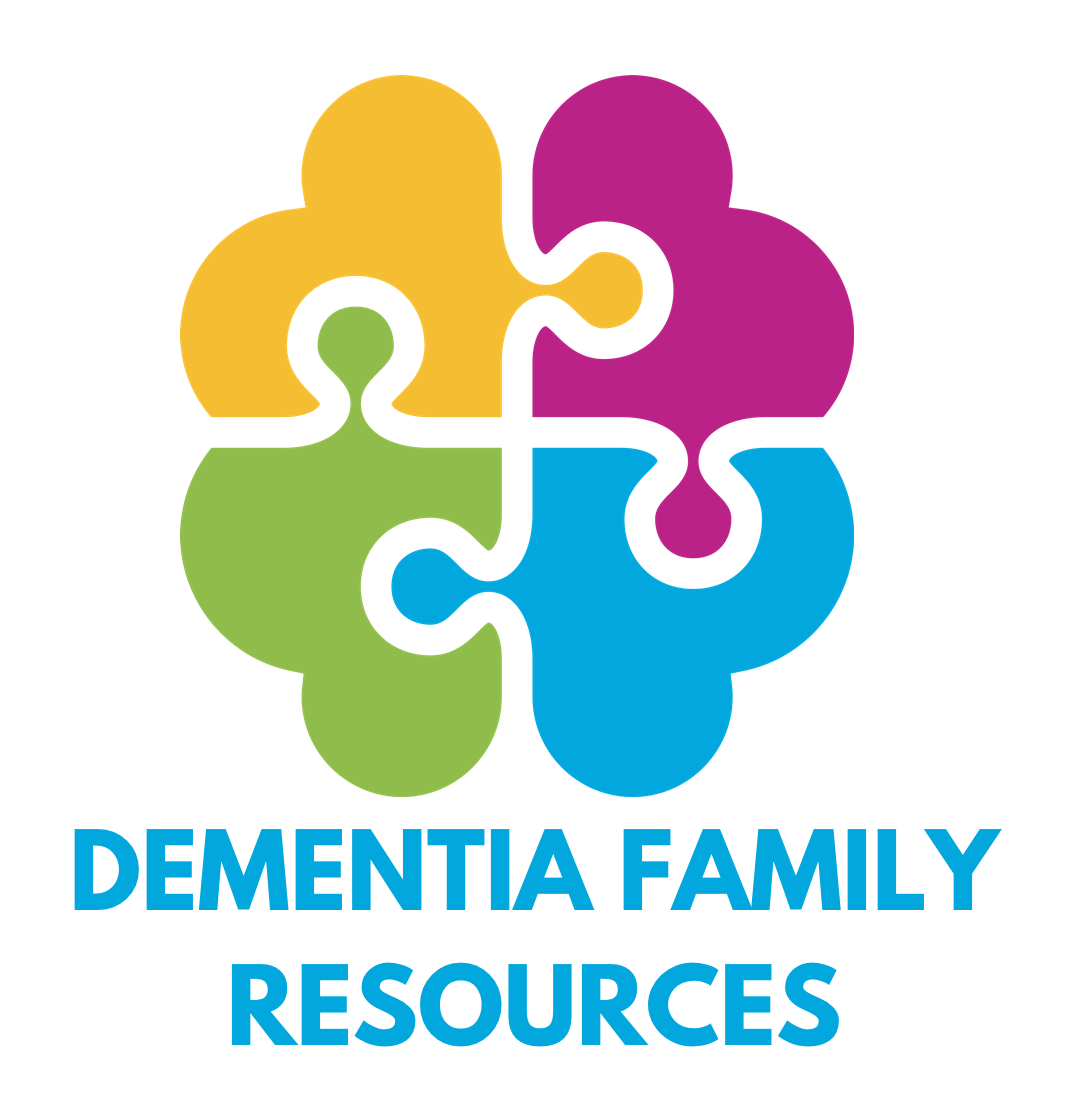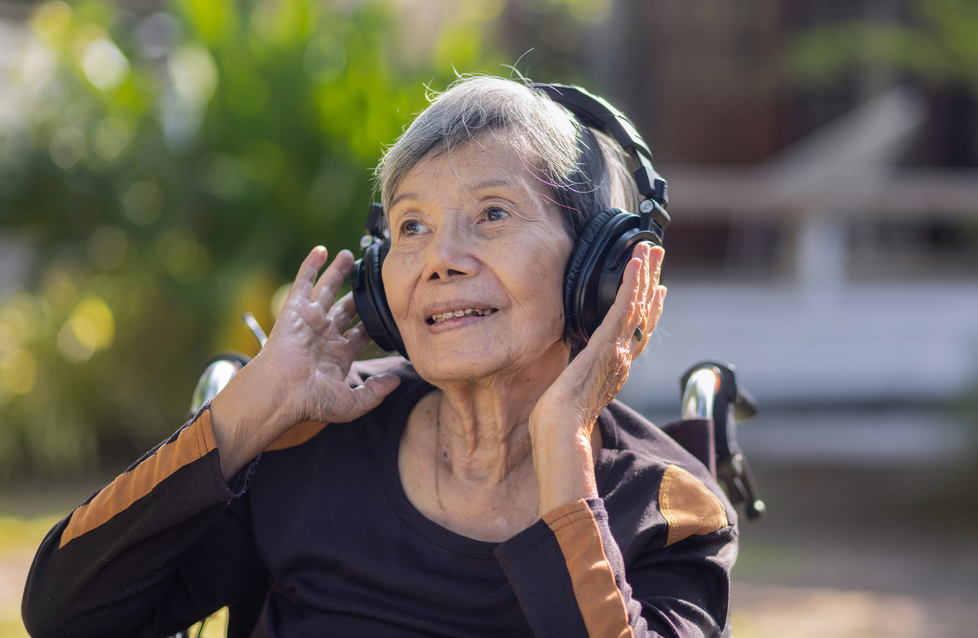
Contact Us
We will get back to you as soon as possible
Please try again later
Living with Lewy Body Dementia
LBD Life
Lewy Body Dementia (LBD) is a progressive brain disorder characterized by abnormal protein deposits, called Lewy bodies, that impede the brain's normal functioning. The disease is named after the neurologist Friedrich Lewy who first discovered these protein accumulations. LBD is among the most common types of dementia, second only to Alzheimer's disease. Symptoms typically include cognitive issues like those in Alzheimer's, alongside distinctive features like visual hallucinations, fluctuating cognition, and parkinsonism (a group of symptoms including tremors, stiffness, and slowness of movement). Diagnosis can often be challenging due to the overlap of symptoms with other conditions. Though there is currently no cure, certain medications can help manage the symptoms. It is also crucial for patients and caregivers to have a supportive community and appropriate care strategies to maintain quality of life.
LBD primarily affects older adults, with the average age of onset being around 70 years old. However, it is not a normal part of aging and can also occur in younger individuals. It is estimated that LBD affects between 1-5% of people over the age of 60, making it more prevalent than previously thought.
In addition to cognitive and motor symptoms, LBD can also cause psychiatric symptoms such as depression, anxiety, and apathy. This can have a significant impact on the individual's quality of life and may require additional treatment or support.
One of the unique aspects of LBD is its fluctuating nature. Symptoms may come and go, making it difficult to diagnose and manage. This can also be confusing for caregivers and loved ones, who may not understand why their family member's abilities seem to change from day to day.
Due to the complexity of LBD, it is important for individuals with the disease to have a medical team that includes a neurologist, psychiatrist, and other specialists. This multidisciplinary approach can help address the various symptoms and provide comprehensive care.
Aside from medication and medical care, there are also lifestyle changes that can help improve symptoms and quality of life for those with LBD. Regular exercise, a healthy diet, and social engagement can all have positive effects on both physical and cognitive function.
It is also crucial for caregivers to take care of themselves while supporting their loved ones with LBD. This includes seeking support from others, managing stress, and getting respite care when needed.
In addition to the medical and lifestyle aspects of LBD, there is also ongoing research and clinical trials that are working towards better understanding and treatment of the disease. By participating in these studies, individuals with LBD can play a vital role in advancing knowledge and improving care for future generations.
Overall, while Lewy body dementia may be a challenging and complex illness, there are various ways to manage its symptoms and improve quality of life. With the right medical team, lifestyle changes, and support from loved ones, individuals with LBD can live fulfilling lives despite their diagnosis. It is important for awareness and understanding of this disease to continue growing to provide better care for those affected by LBD.









